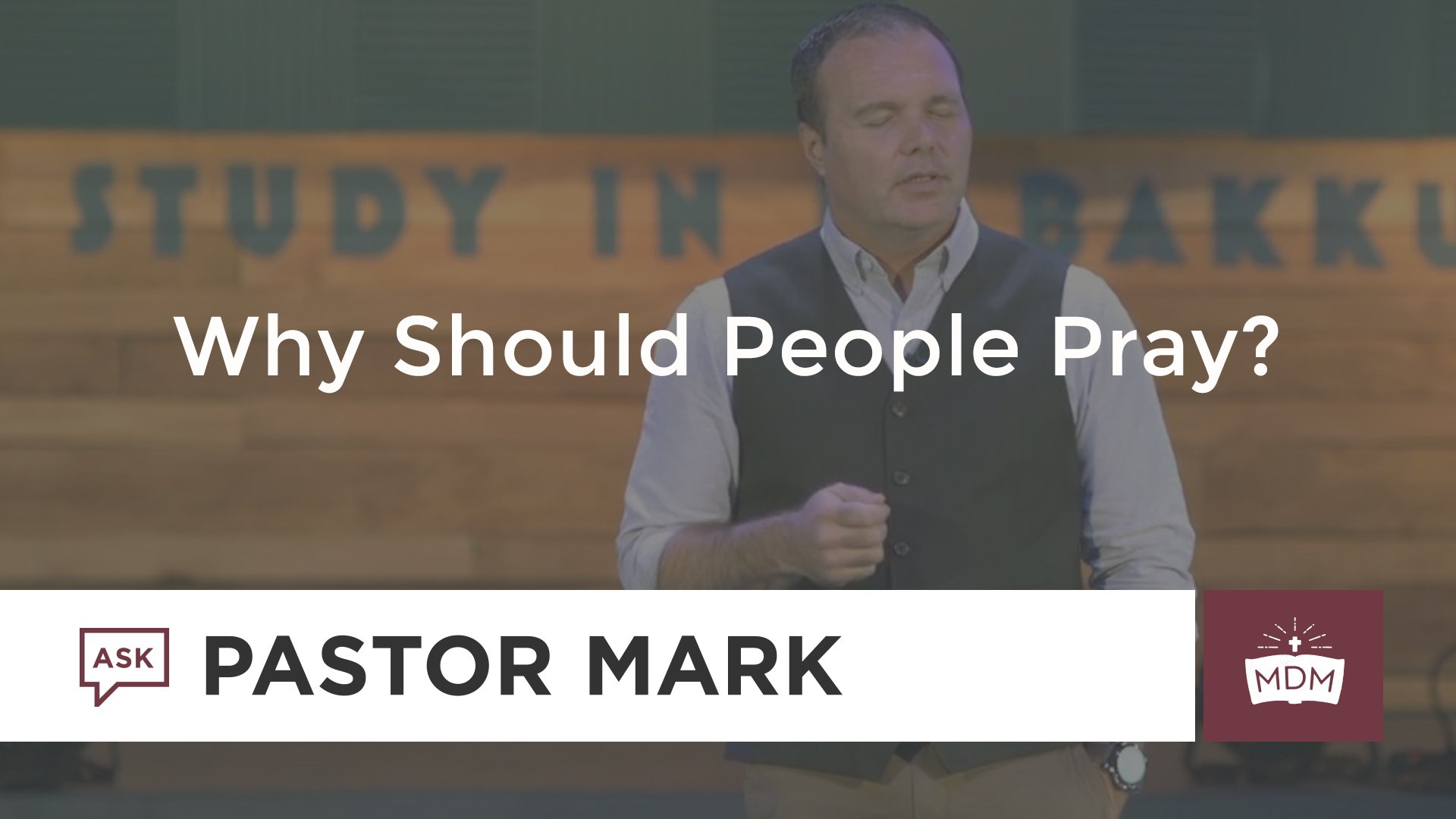Love Your Enemies: Day 3
You are likely familiar with something called the “Stages of Grief.” A researcher named Kübler-Ross studied dying patients and those who loved them as they passed from this life. The research concluded that people go through five stages of grief in varying orders: 1. denial and isolation, 2. anger, 3. bargaining, 4. depression, and 5. acceptance.
As you read the short book of Habakkuk (you can do this in 10–15 minutes), you will likely see each of these stages of grief as he is processing his pain through prayer. As you arrive at the third and final chapter, you will see something else: worshipful thanksgiving. For the Christian, there should be a sixth stage of grief: worshiping God by faith and trusting Him to one day and some way work it all out for His glory and our good. Habakkuk 3:17–19 (ESV) says,
Though the fig tree should not blossom, nor fruit be on the vines, the produce of the olive fail and the fields yield no food, the flock be cut off from the fold and there be no herd in the stalls, yet I will rejoice in the LORD; I will take joy in the God of my salvation. God, the Lord, is my strength; he makes my feet like the deer’s; he makes me tread on my high places. To the choirmaster: with stringed instruments.
In our day, this would be like saying something like, “Though there is no food in my house, no money in my account, no cure for my cancer, no reconciliation with my loved ones, and no hope for my future, I will put on worship music and sing to God from a glad heart.”
It sounds crazy right? It is easy to worship God when life is wonderful. It can be much harder to worship God when life is awful. Worship is by faith trusting that the God who took care of our biggest problem of sin will one day take care of all our problems.
The opposite of worship is idolatry. This is a big theme in the Bible, and the focus of the first two of the Ten Commandments; there is one God, and we are to worship Him alone, not idols. The final line of an entire book of the Bible says, “Keep yourselves from idols” (1 John 5:21 ESV).
Although the thing being idolized may not be bad, idolatry is often a good thing standing in God’s place, which is a bad thing. Idolatry is often the result of seeking to use God to get what we want. The problem with this is that God is not the end we seek, but rather the means to another end we seek. We worship God so that we will get healed, get rich, or get something else we want. When He doesn’t come through, we become agitated and frustrated that our worship isn’t working. This is not how God works. God does not exist to give us our idols so that we can worship them instead of Him. Worship is seeing God as our end, and worship as a means to connecting with and becoming more like God through our relationship. Worship can happen whether we are sick or healthy, poor or rich, dying or living, crying or laughing. Even though life changes, the goodness of God does not. When God, instead of our idol, becomes the gravitational center of our emotional universe, we become healthy enough to process the problems and pains of life with God.
When change, crisis, or calamity hits our routine, we are given an opportunity to move from routine to real relationship with God through worship. Practically, this means that we go to church to be with God’s people in God’s presence, learn from God’s Word, and open our mouths and hearts to cry out to God in faith that He hears us, loves us, and will never leave us nor forsake us even if everything else is being taken from us.
What is your worship routine at church and at home? Is your worship routine building your relationship with God? If not, what changes can be made?


